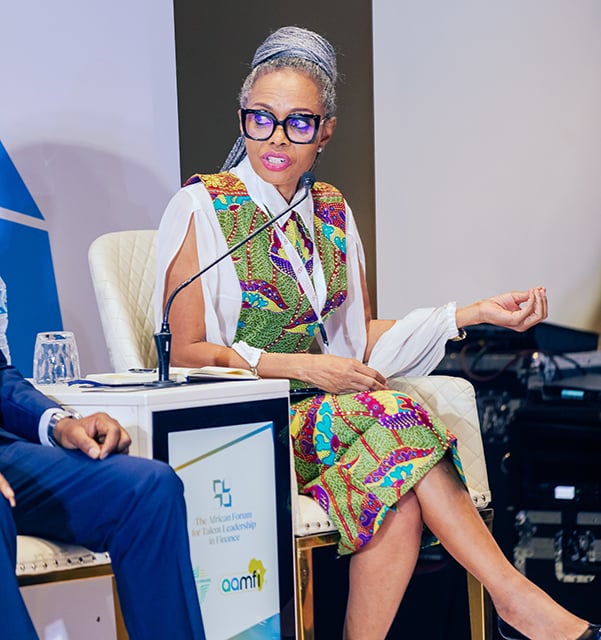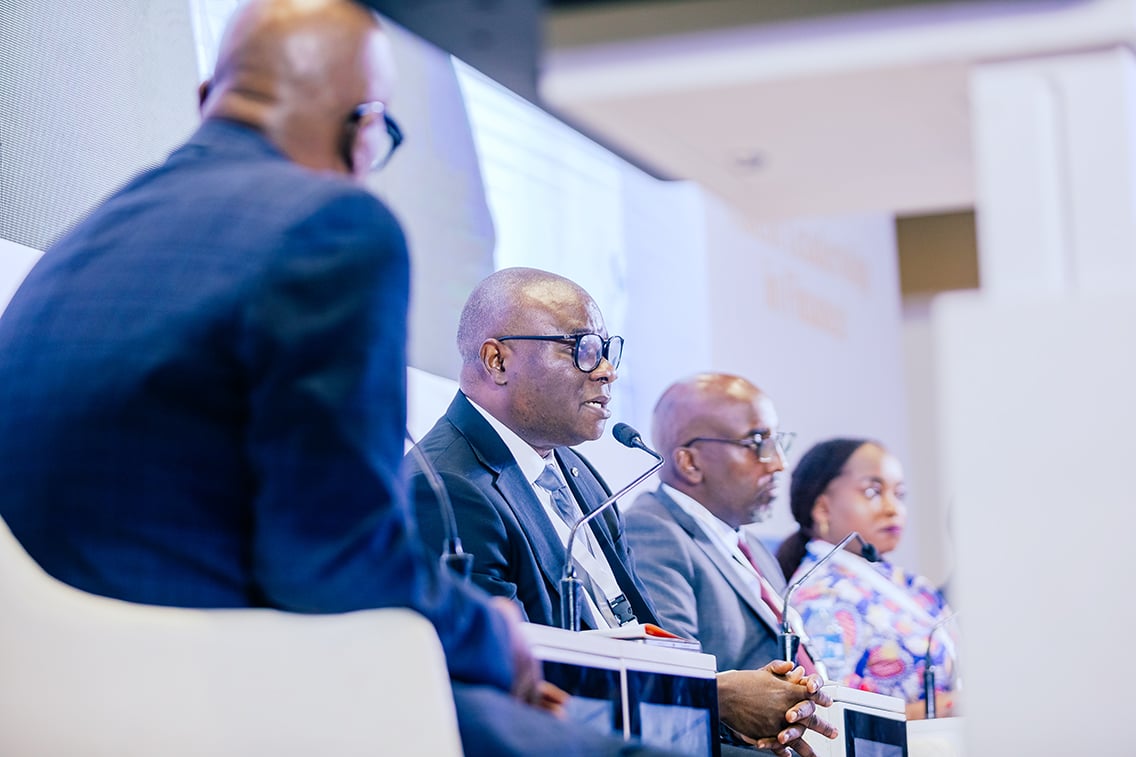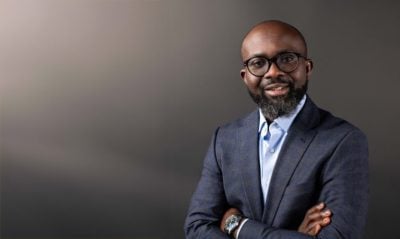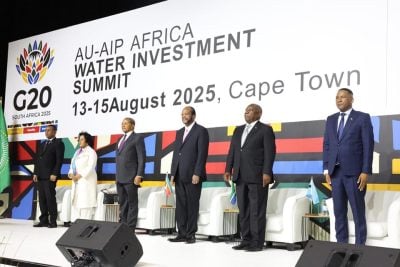This article was produced with the support of GCC
Some of Africa’s leading chief executive officers and human resources professionals have outlined practical steps the continent can take to unlock its vast human potential, recognising talent as the key driver of sustainable growth and innovation. They underscored the importance of embedding leadership systems across the continent, citing how China, India and Singapore integrated leadership development into national strategies to sustain long-term progress.
Speakers emphasised that Africa is not short of talent or ideas, but of systems that enable consistent collaboration and implementation.
Speaking at a panel session during The African Forum for Talent Leadership in Finance, Oscar Onyema, Chairman of JEX Markets and former CEO of the Nigerian Stock Exchange, said Asia has shown how leadership structures can drive coordinated growth.
“In China, leadership was embedded in national development and industrialisation policy. India institutionalised mobility between the public and private sectors. Singapore, despite its lack of natural resources, made leadership part of national strategy, and that has delivered enduring success,” Onyema said.
He noted that Africa’s challenge lies not in creativity but in continuity: “Our problem isn’t talent or ideas, it’s the absence of leadership systems that outlive individuals. When we embed leadership into national strategy, collaboration becomes structure, not chance.”
Panellists agreed that collaboration among governments, institutions and the private sector is essential to Africa’s transformation.
Patricia Aderibigbe, Human Resources Director at the Africa Finance Corporation, described success as an ecosystem: “From the cleaners to the leadership team, everyone contributes to the goal. No one wins alone. Collaboration must evolve from being a buzzword to a strategic imperative, because Africa’s transformation cannot be achieved by individual effort.
“Each leader should think not only about how their team succeeds but how their organisation moves forward collectively. That is the kind of impact we need for Africa.”

Juliet Ziswa, Chief Commercial Officer at Exceptional Brands, stressed the importance of purpose-driven leadership.
“True leadership is not what you preach, but what you practise. People follow consistency, not slogans. We must measure not just results, but how those results are achieved. Teamwork, ethics and sustainability must define success,” she said.
Ziswa added that collaboration should be institutionalised through cross-functional teams: “When challenges arise, rather than leaving them to one department, we bring together people from commercial, manufacturing and finance.
“Working collaboratively instead of in silos turns cooperation into a core competency.
“Too often, organisations focus solely on targets, overlooking the culture and teamwork behind them. Of course, we want results, but we should also evaluate how they are achieved. That shift takes us from an ‘I’ mindset to a ‘we’ mindset, from individual accomplishment to collective success.”
Humphrey Oriakhi, Managing Director and CEO of PAC Capital Limited, echoed the call for action: “Africa doesn’t suffer from a shortage of ideas. Our real challenge is implementing them. Until we turn policies into action, even the best frameworks will remain just talk.”
Charles Kazuka, Director of Human Capital at Shelter Afrique Development Bank, identified the persistent problem of working in silos: “Governments, academia and industry often speak different languages while pursuing the same goals. When HR bridges these worlds and aligns education with national needs, collaboration moves from theory to progress.”
The discussion also explored how to measure and scale talent transformation.
Onyema said: “If you can’t measure success, you can’t improve it. Metrics such as productivity, employee engagement and workforce participation are vital. Leadership must exist at every level, from grassroots to continental, and collaboration must be embedded in how we define and reward success.” Aderibigbe argued that human capital should be treated as infrastructure, on par with railways and hospitals. “Cross-border apprenticeships and talent exchanges can build shared skills. We must define our own value systems, recognise African excellence and create systems that reflect our realities,” she said.
The panel concluded that Africa’s youthful population remains a major asset, but only if it is made productive.
“Until we train for Africa’s future, we risk being left behind. Collaboration, structured leadership and a clear sense of purpose are the keys to continental transformation,” Onyema said.
 Sign in with Google
Sign in with Google 



